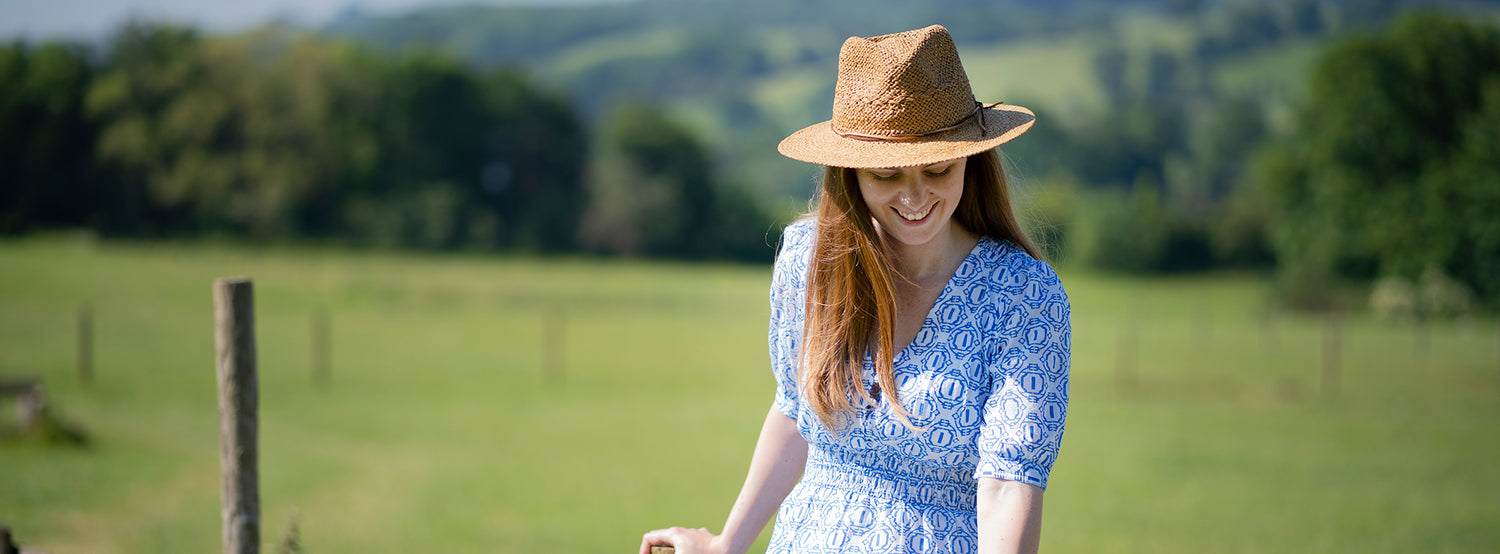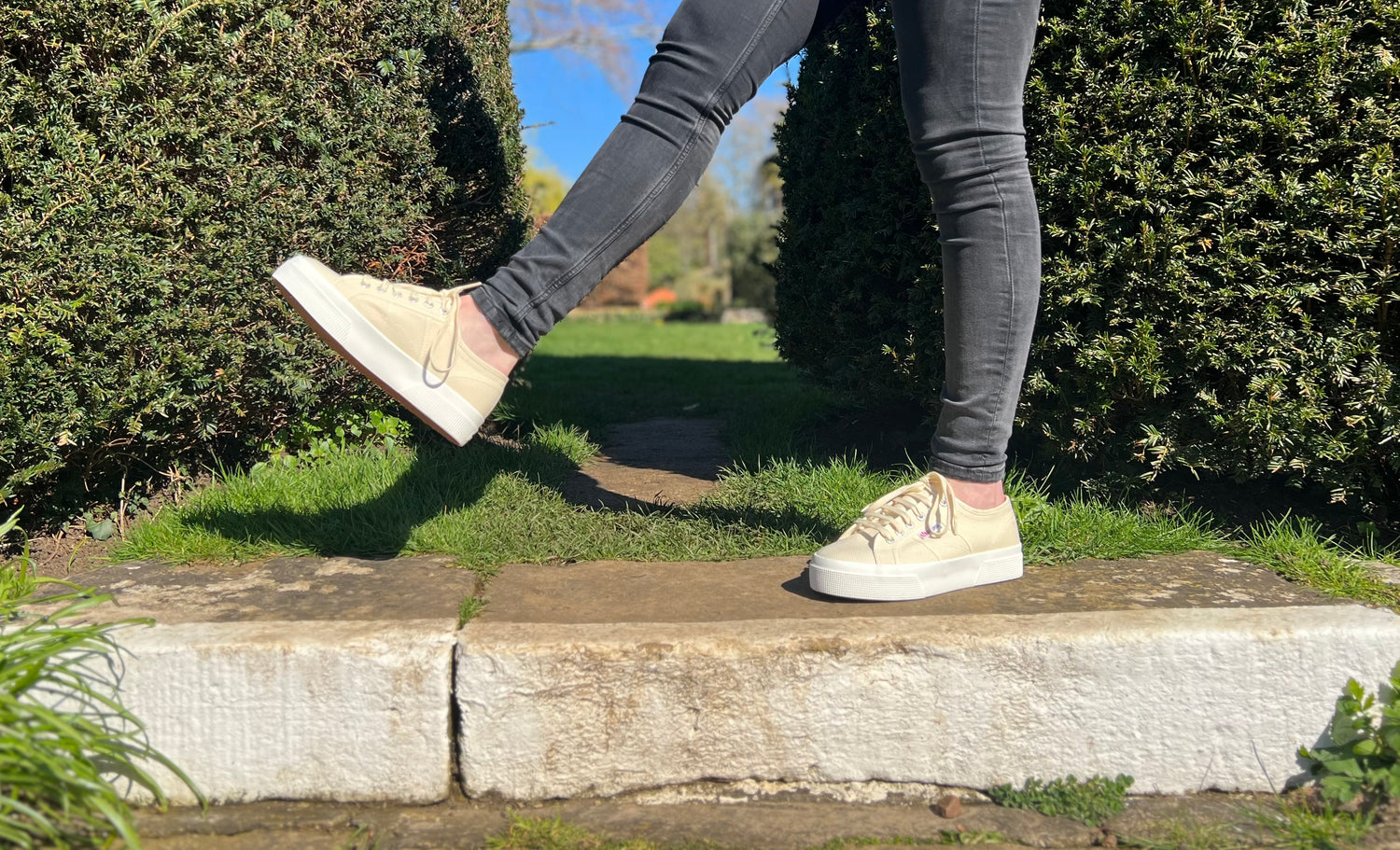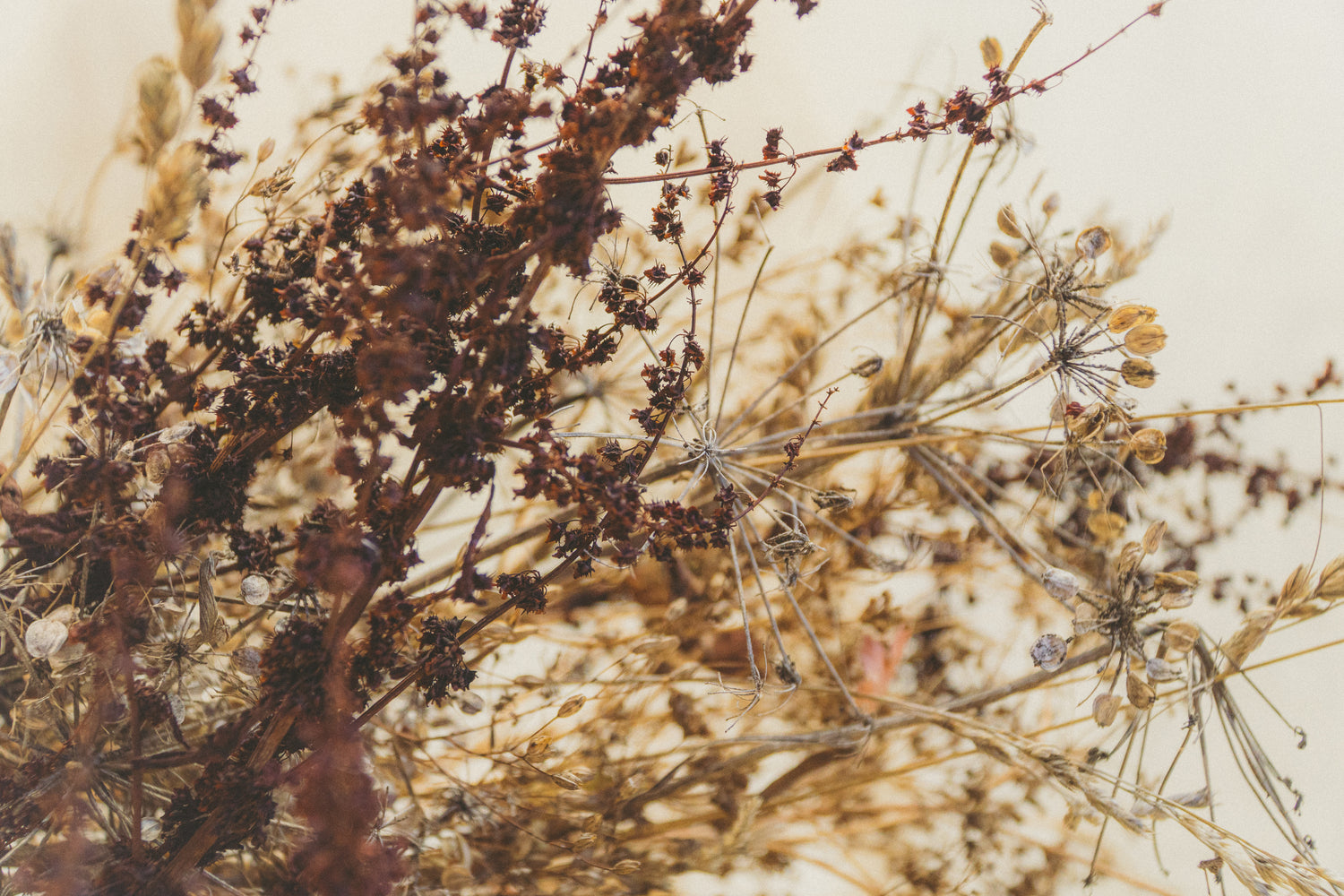With a notable shift in buying habits from fast fashion to sustainable clothing, Aspiga is at the forefront.
We take a look at how the company began and its values that have propelled it into the ethical and responsible fashion sector.
After seeing the craftsmanship of Kenyan artisans during a holiday in 2005, Founder & Director of Aspiga Lucy Macnamara was inspired to collaborate and launch a collection. Focused initially on sandals and belts, the brand has now expanded to produce a beautiful range of clothing, accessories and footwear for both men and women.
Aspiga have three clear commitments; Doing right by people, doing right by the planet and supporting positive change.
Doing right by people
Family and community is unmistakably at the heart of the company with small family-run businesses supplying Aspiga since the early days. In Kenya, there are five workshops that craft the brand’s sandals, beaded belts and Kikoy towels - with a pair of sandals taking up to 3 hours to bead and thread into complex patterns. Aspiga also work with individuals of the Maasai tribe who create bright and unique jewellery whilst looking after livestock and raising their families. The income received goes towards funding education, living costs and to extended families.
Doing right by the planet
The brand is dedicated to responsible sourcing and traceability, with 96% of the cotton used being organic and ethically sourced. A key goal of Aspiga is to become carbon neutral by 2025 and notable steps have been taken such as limiting production to minimise leftover stock, not using any plastic in their packaging and creating pieces out of sustainable material made from post-consumer waste.
Supporting positive change
Through a mix of community-based projects and charitable initiatives Aspiga are creating change worldwide. Chief among the brand’s initiatives are the Beach Cleans that take place in England, Barbados and Kenya. The monthly Kenyan Beach Cleans are made possible with the help of 12 young volunteers and in return, Aspiga pays for their education. Other endeavours include Water Harvest who work with rural communities in India and Bluebells School in Kenya where Aspiga pays for the teacher’s salaries.
Product Highlight
With a notable shift in buying habits from fast fashion to sustainable clothing, Aspiga is at the forefront.
We take a look at how the company began and its values that have propelled it into the ethical and responsible fashion sector.
After seeing the craftsmanship of Kenyan artisans during a holiday in 2005, Founder & Director of Aspiga Lucy Macnamara was inspired to collaborate and launch a collection. Focused initially on sandals and belts, the brand has now expanded to produce a beautiful range of clothing, accessories and footwear for both men and women.
Aspiga have three clear commitments; Doing right by people, doing right by the planet and supporting positive change.
Doing right by people
Family and community is unmistakably at the heart of the company with small family-run businesses supplying Aspiga since the early days. In Kenya, there are five workshops that craft the brand’s sandals, beaded belts and Kikoy towels - with a pair of sandals taking up to 3 hours to bead and thread into complex patterns. Aspiga also work with individuals of the Maasai tribe who create bright and unique jewellery whilst looking after livestock and raising their families. The income received goes towards funding education, living costs and to extended families.
Doing right by the planet
The brand is dedicated to responsible sourcing and traceability, with 96% of the cotton used being organic and ethically sourced. A key goal of Aspiga is to become carbon neutral by 2025 and notable steps have been taken such as limiting production to minimise leftover stock, not using any plastic in their packaging and creating pieces out of sustainable material made from post-consumer waste.
Supporting positive change
Through a mix of community-based projects and charitable initiatives Aspiga are creating change worldwide. Chief among the brand’s initiatives are the Beach Cleans that take place in England, Barbados and Kenya. The monthly Kenyan Beach Cleans are made possible with the help of 12 young volunteers and in return, Aspiga pays for their education. Other endeavours include Water Harvest who work with rural communities in India and Bluebells School in Kenya where Aspiga pays for the teacher’s salaries.
Product Highlight
One of our favourite pieces this season is the Billie Dress. Effortlessly glamourous this lightweight maxi dress is made for dreamy Summer days. Featuring a v-neckline and cinched waistband for a feminine fit, the Billie Dress will take you from day to night with ease. Pair with simple sandals and statement jewellery for a stylish warm-weather look.




